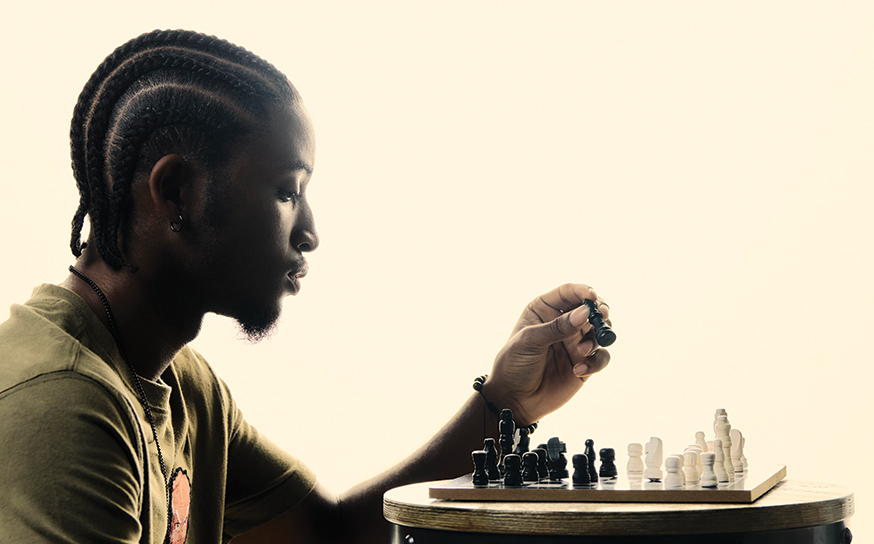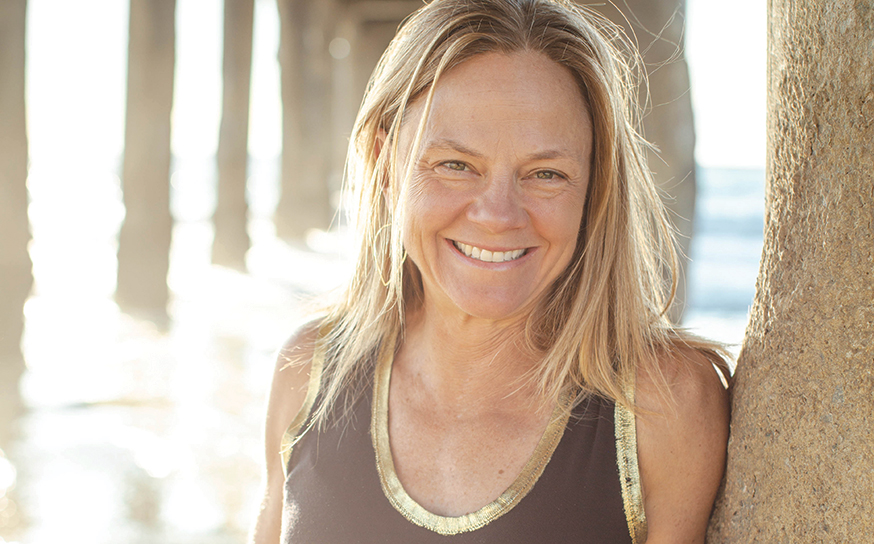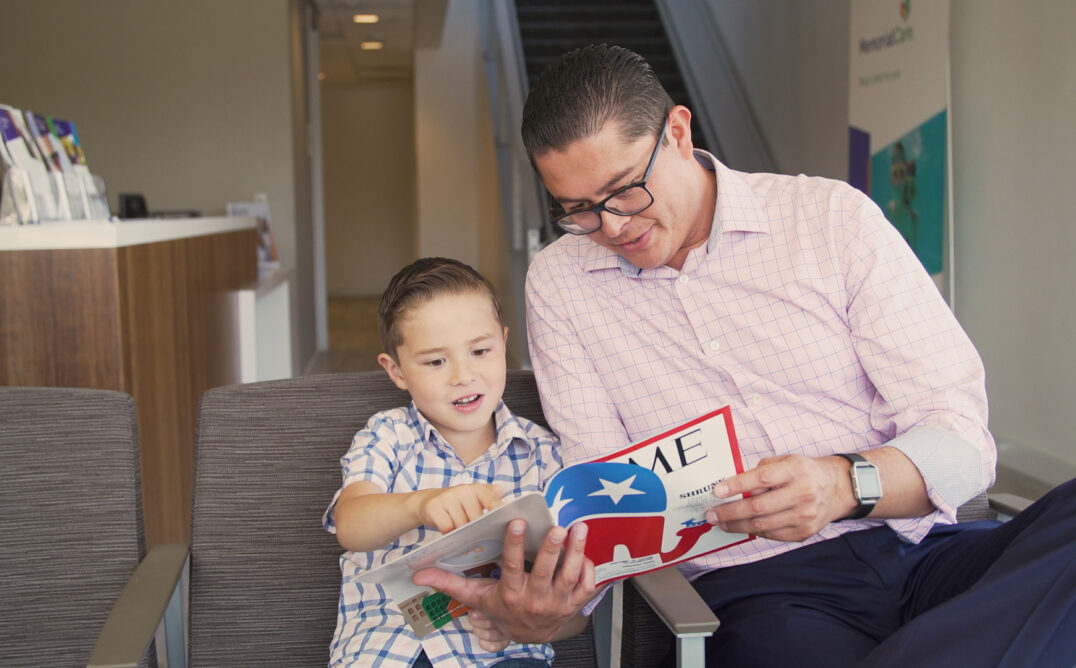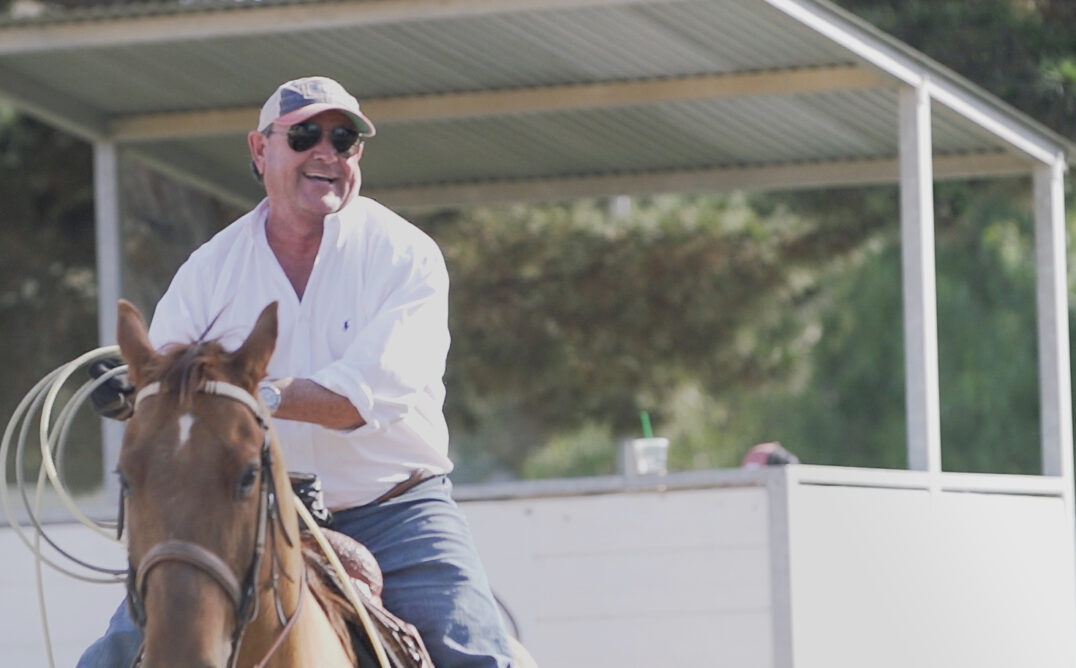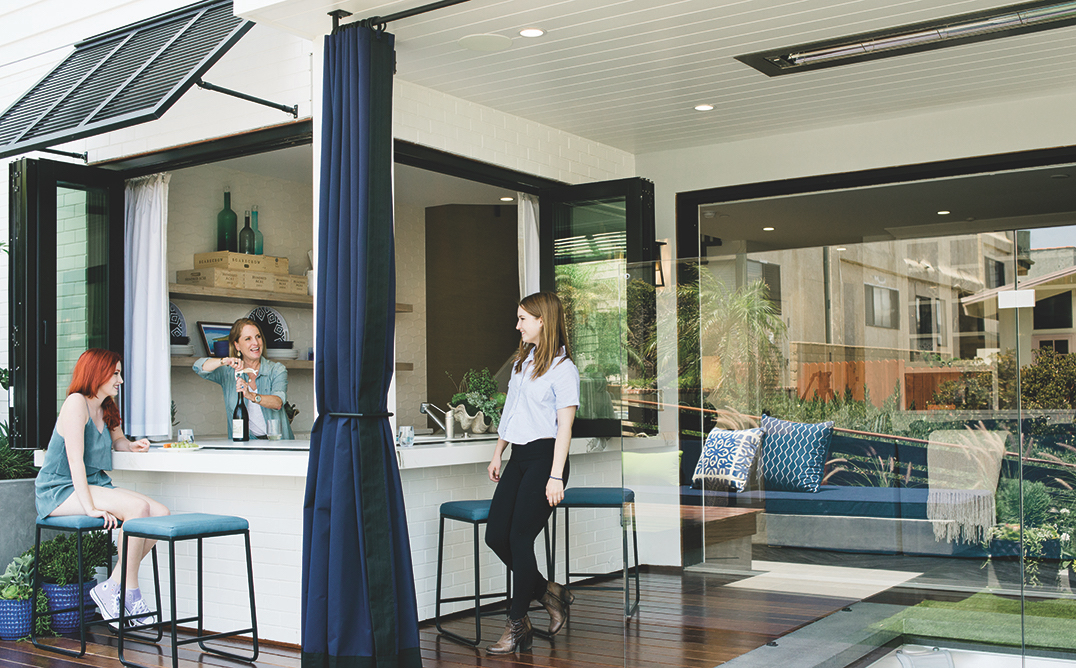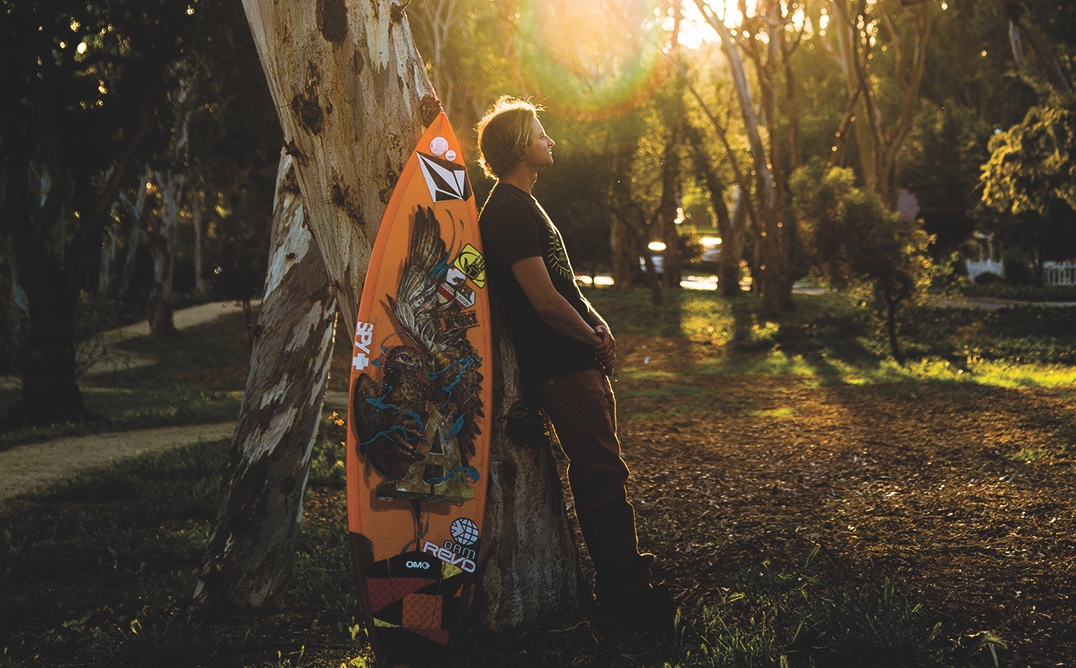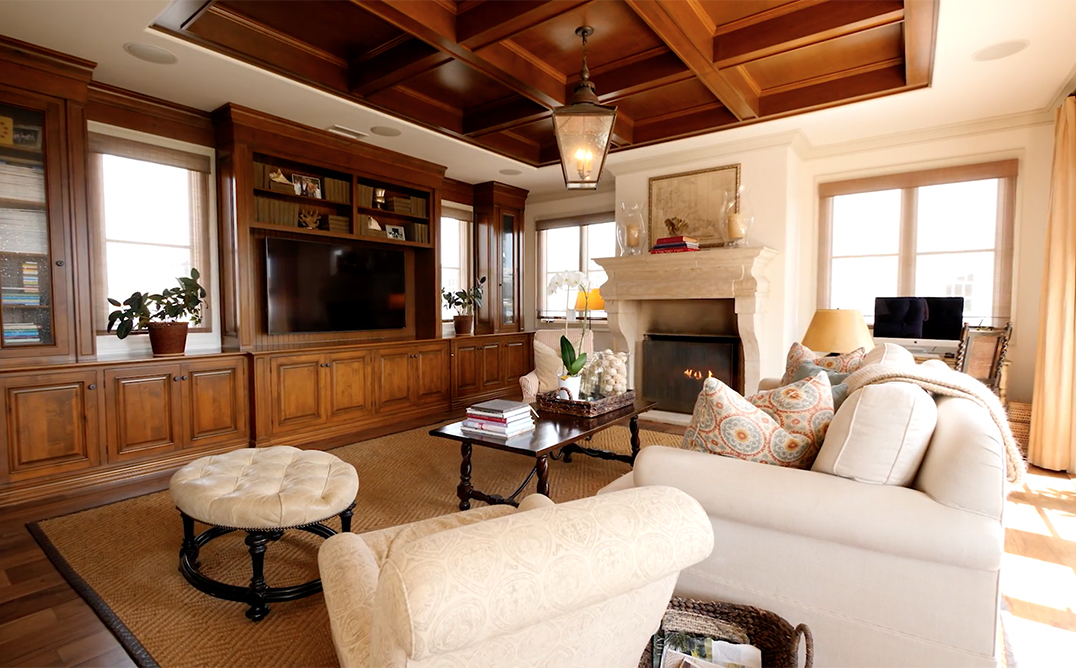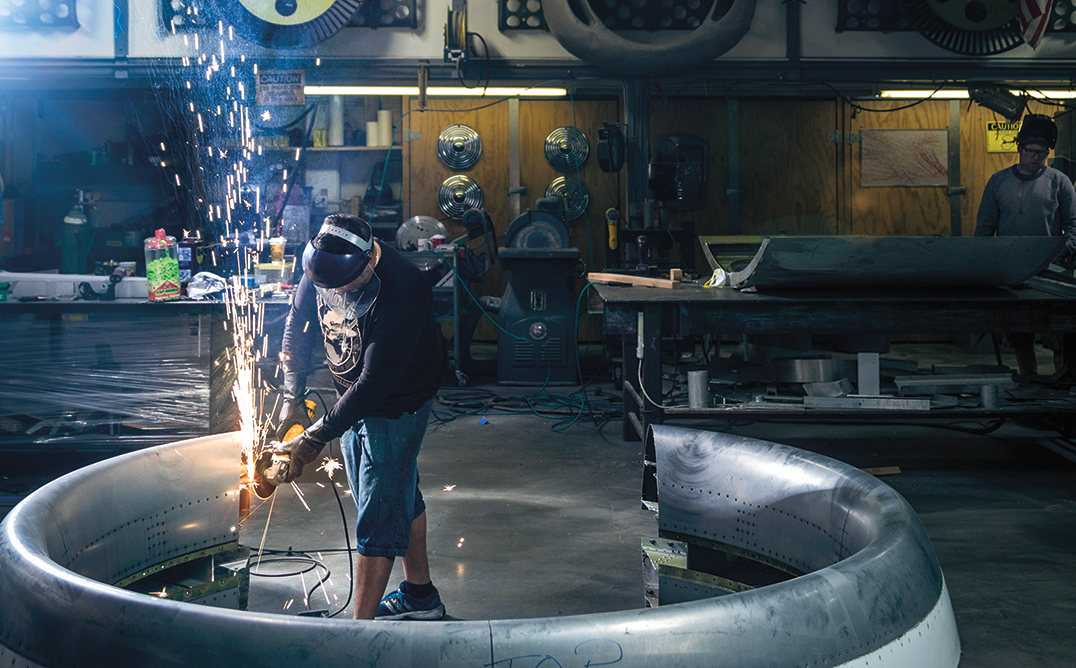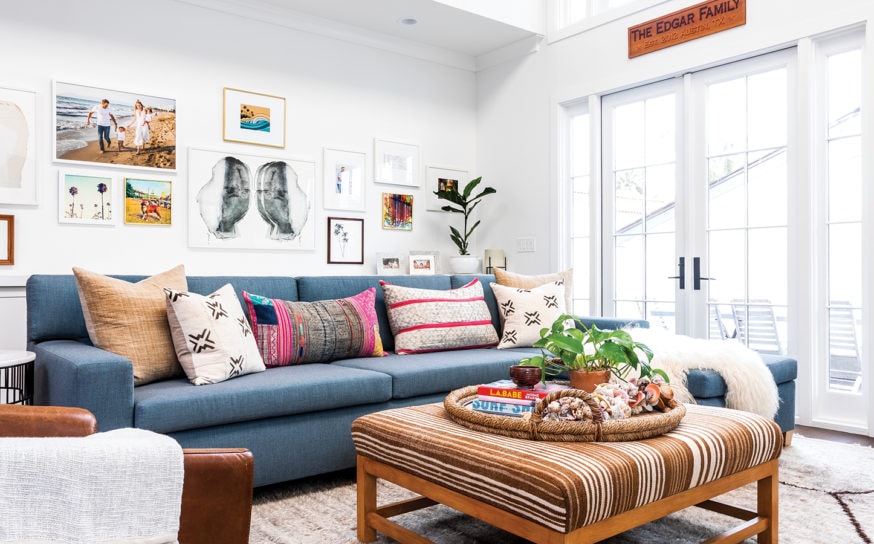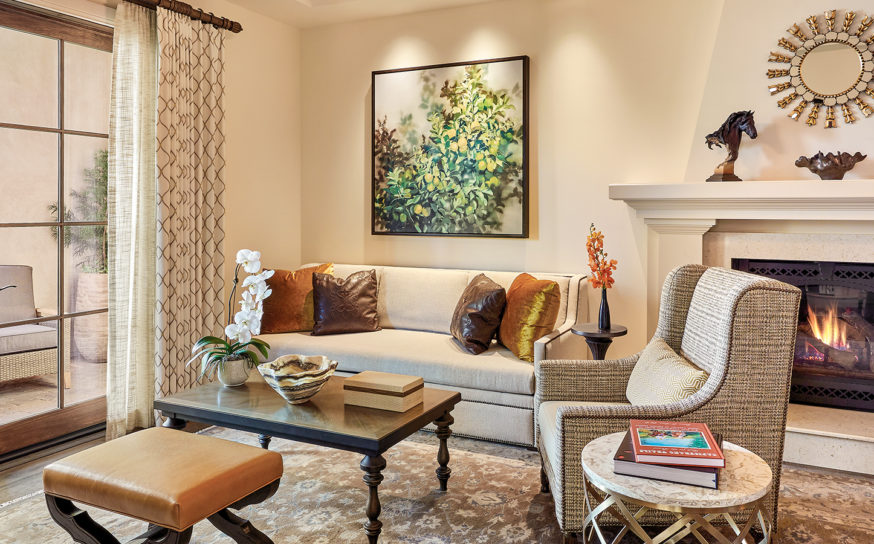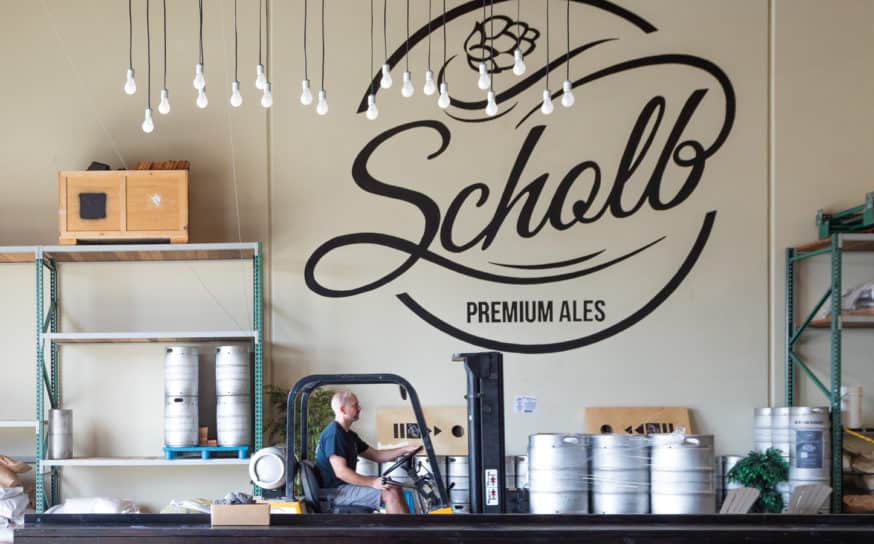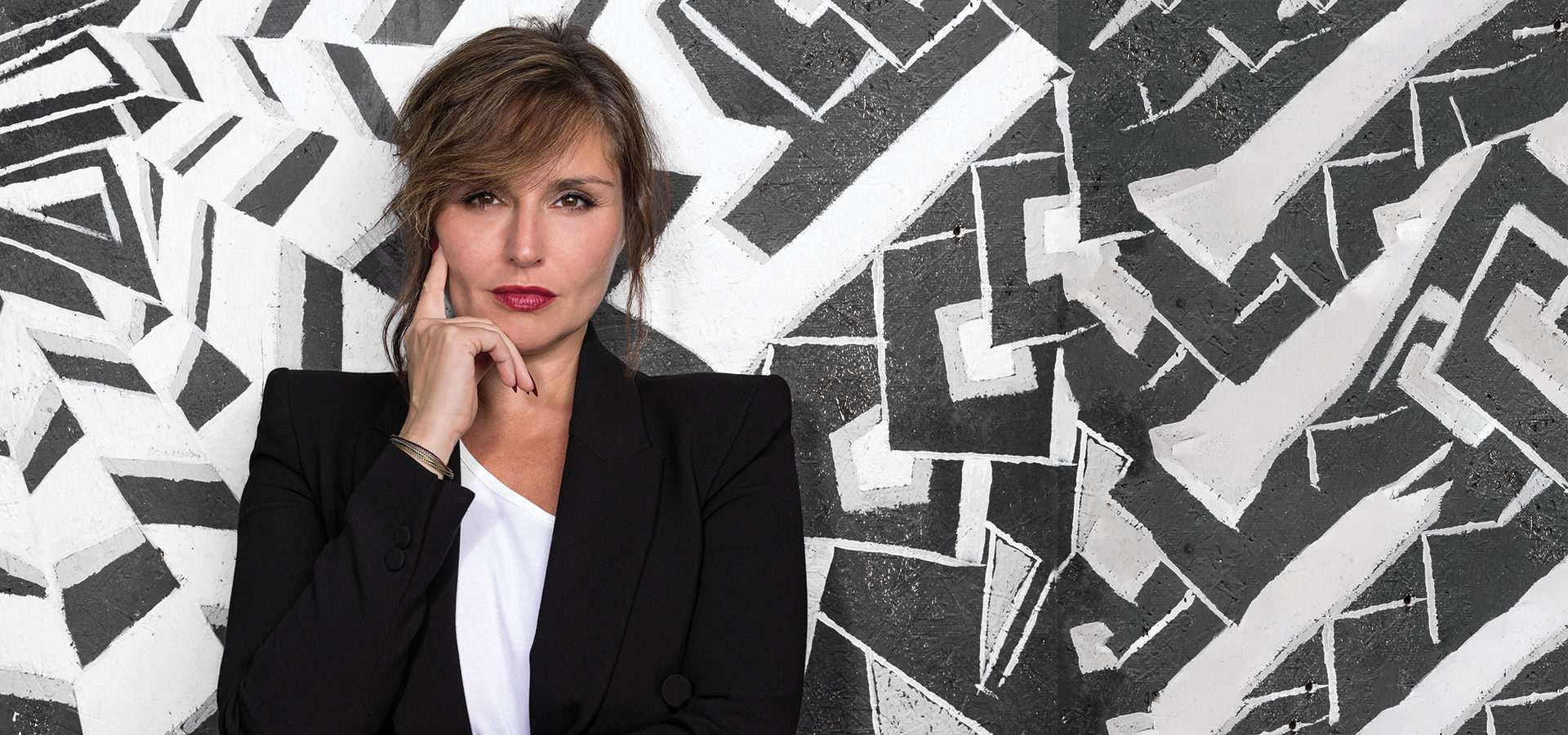
As a New Conflict Rages in Ukraine, Sophie Daushvili-schoenfeld Reflects on Her Own War-torn Childhood and Overcoming Past Trauma
Beyond borders.
- CategoryPeople
- Written byGail Phinney
- Photographed byMonica Orozco
For Georgian-born Sophie Daushvili-Schoenfeld, wartime trauma is more than a lived experience. It is embedded in her DNA. Her mother’s family included prominent intellectuals and separatists who shaped the country’s history and engaged in its century-long battle for independence from Soviet rule.
One relative died at the hands of the Red Army during the Russian Civil War; another helped develop the H-bomb that ushered in the Cold War. As for her father’s family, “They were gangsters,” she says with a smile.
On April 9, 1989, she became a witness to history when her parents survived what would later be called the Tbilisi Massacre—an anti-Soviet demonstration that was brutally crushed, killing 21 people and injuring hundreds. Russian tanks rolled into the Georgian capital, military rule was established and everything changed.
She was only 11, but the visions of death and destruction still haunt her—recently triggered by images of the war in Ukraine. For Sophie, it’s all too relatable.
Although the Republic of Georgia regained its independence in 1990, the country was in chaos. Three years later, her father fled to Russia with a price on his head, and she became a refugee living in London with her mother. With only a rudimentary knowledge of the language and even less familiarity with Western culture, she recalls, “It felt surreal to be transported to this very different world.” Despite the difficulties, she reinvented herself as a British teen.
Her remarkable resilience and ability to adapt have served Sophie well since moving to the United States in 2003 and making San Pedro her home. But it wasn’t until she started therapy to process her early childhood trauma that she found her vocation and embarked on a career in clinical psychology. It seemed like a natural progression. Her mother was a psychiatrist; it was in her blood.
Moreover, the work appealed to her creative side. “Every time you’re with a new person, you have to put your creative hat on to understand their framework and learn their language,” she offers. “In that sense, I’m constantly learning new languages, and it connects to my history overall.”
Sophie’s creativity extends to her Urban Voodoo line of jewelry and fashion as well as her visual art creations, which she considers deeply personal. Reluctant to label herself an artist, she sees her creative process as therapeutic. “It comes from a place in me that has no words,” she explains. An immigrant who lost everything, she holds on to the belief that the things she makes are the only things she can truly call her own.
As a licensed therapist, Sophie brings all her life experience to bear in serving the South Bay community from her Palos Verdes location. Highly skilled in the treatment of trauma, her practice focuses on families in transition—often battling their own internal war. Her tumultuous history has given her the unique ability to facilitate resolution in high-conflict situations, making her a trusted guide in each client’s journey. She shares her perspectives on mental health and her social commentary in a monthly column for San Pedro Today.
Once a child of war and now a single mother of two, Sophie is committed to making her children feel safe while giving them the tools to navigate adversity in the world. A survivor, she isn’t afraid to embrace the trauma that shaped her.
“In a way, personality doesn’t form without trauma,” she shares. “We have to have trauma in order to overcome and figure out who we are despite it, what we are made of and what we are able to survive.”
Southbay ‘s Annual Spring Style Guide Has the Latest Fashion Trends, Jewelry, Home Goods and Gifts!
Shop local and support our amazing businesses.







